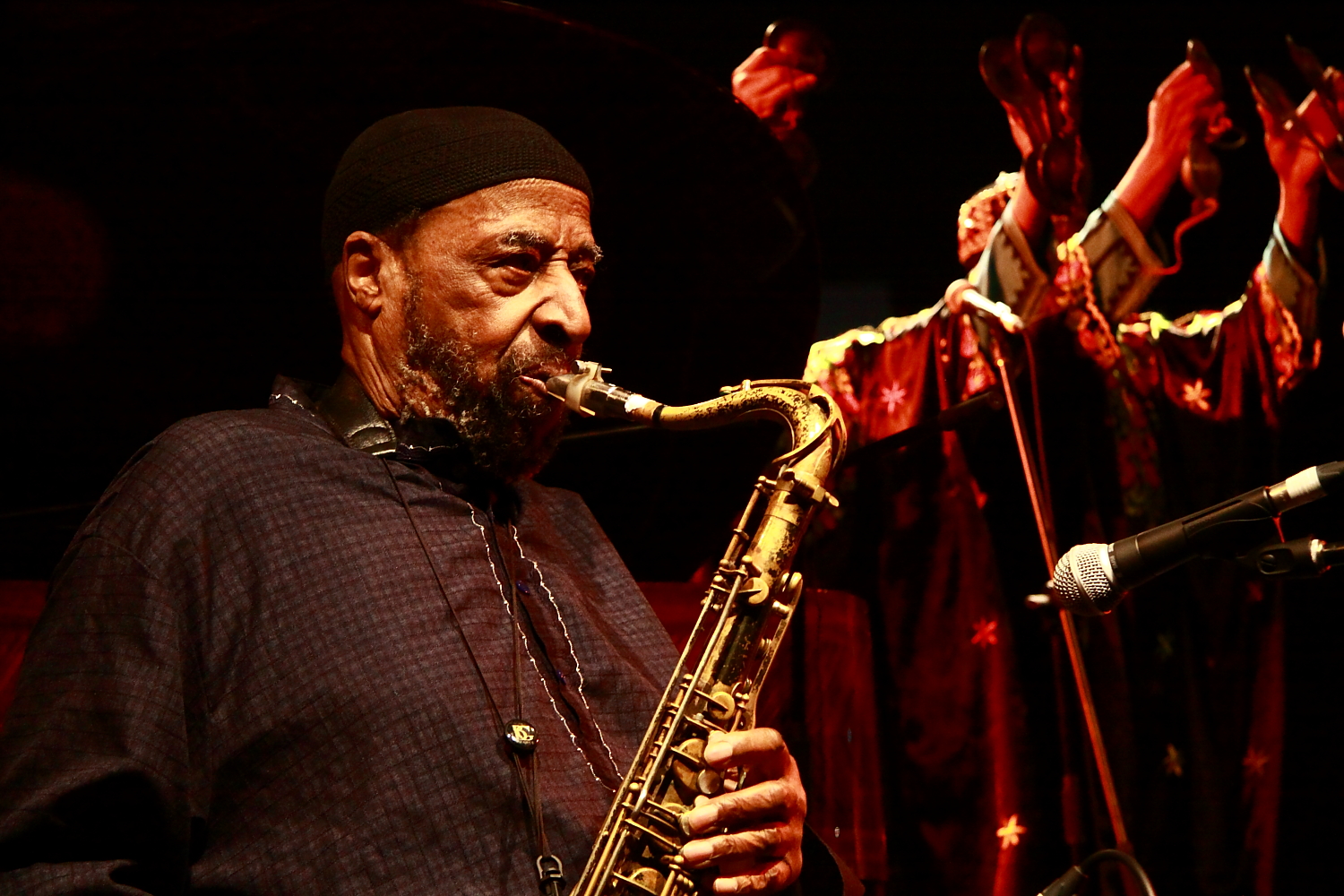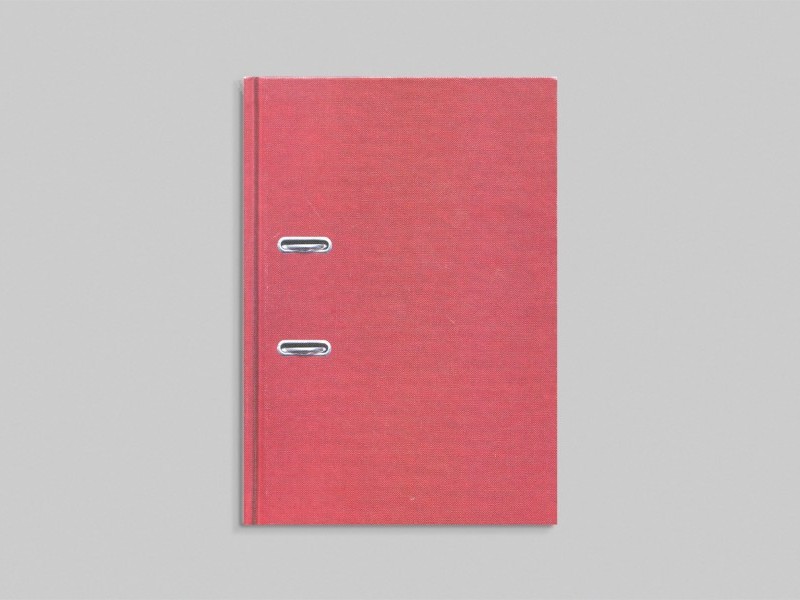

Biography
Yusef A. Lateef was born William Emanuel Huddleston on October 9, 1920 in Chattanooga, Tennessee and moved with his family to Detroit in 1925. In Detroit’s fertile musical environment, Yusef soon established long-standing friendships with such masters of American music as Milt Jackson, Tommy Flanagan, Barry Harris, Paul Chambers, Donald Byrd, the Jones brothers (Hank, Thad and Elvin), Curtis Fuller, Kenny Burrell, Lucky Thompson and Matthew Rucker.
He was already proficient on tenor saxophone while in high school, and at the age of 18 began touring professionally with swing bands led by Hartley Toots, Hot Lips Page, Roy Eldridge, Herbie Fields and eventually Lucky Millender. In 1949 he was invited to join the Dizzy Gillespie Orchestra.
In 1950 he also converted to Islam in the Ahmadiyya movement and took the name Yusef Lateef. From 1955–59 he led a quintet that included Curtis Fuller, Hugh Lawson, Louis Hayes and Ernie Farrell.
Yusef first began recording under his own name in 1956 for Savoy Records, and has since made more than 100 recordings as a leader for the Savoy, Prestige, Contemporary, Impulse, Atlantic and YAL labels. His early recordings of such songs as 'Love Theme from Spartacus' and 'Morning' continue to receive extensive airplay even today. He also toured and recorded with the ensembles of Charles Mingus, Cannonball Adderley, Miles Davis, Dizzy Gillespie and Babatunde Olatunji in the 1960s.
Dr. Lateef’s first major work for large orchestra was his Blues Suite, also known as 'Suite 16,' premiered in 1969 by the Augusta, GA Symphony Orchestra and performed in 1970 with his hometown Detroit Symphony Orchestra. In 1992, Yusef Lateef formed his own label, YAL Records, to record and distribute his works and those of other artists including the Eternal Wind Quintet.
In 1993 the WDR Orchestra producer Ulrich Kurtz commissioned Yusef Lateef’s most ambitious work to date, The African American Epic Suite, a four-movement work for quintet and orchestra representing 400 years of slavery and disfranchisement of African Americans in America. As a virtuoso on a broad spectrum of reed instruments -- tenor saxophone, flute, oboe, bamboo flute, shanai, shofar, argol, sarewa, and taiwan koto — Lateef has introduced delightful new sounds and blends of tone colours to audiences all over the world, and he has incorporated the sounds of many countries into his own music. In 1987 he won a Grammy Award for his recording of 'Yusef Lateef’s Little Symphony', on which he performed all the parts.
This person was part of Sharjah Biennial 10
Related

Sharjah Biennial 10: Plot for a Biennial
Accompanying and complementing the main premise of Sharjah Biennial 10, Plot for a Biennial explores the concept of a ‘conversation’ through printed matter.
